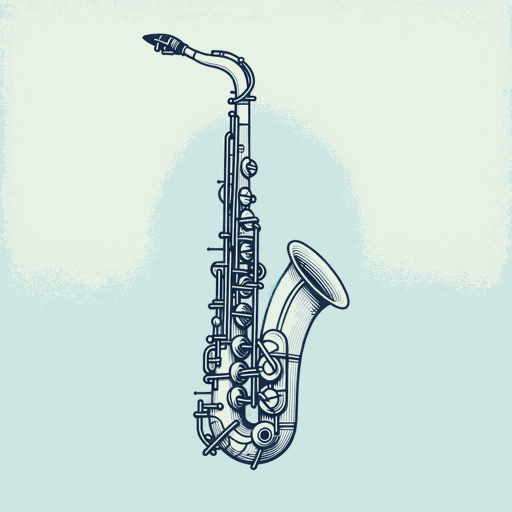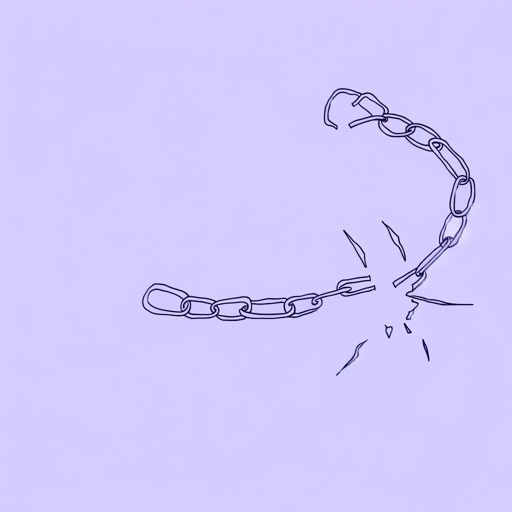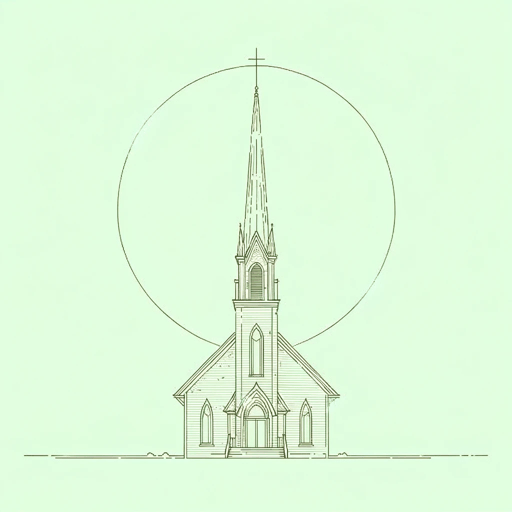45 pages • 1 hour read
James BaldwinThe Fire Next Time
Nonfiction | Essay Collection | Adult | Published in 1963A modern alternative to SparkNotes and CliffsNotes, SuperSummary offers high-quality Study Guides with detailed chapter summaries and analysis of major themes, characters, and more. For select classroom titles, we also provide Teaching Guides with discussion and quiz questions to prompt student engagement.
Important Quotes
“You can only be destroyed by believing that you really are what the white world calls a ni****. I tell you this because I love you, and please don’t you ever forget it.”
(My Dungeon Shook, Page 4)
From the beginning of his letter to his nephew and namesake, James, Baldwin encourages his nephew to confront racism using a mixture of love and brutal honesty about the historical and current situation of the African American experience in the United States.
“But no man’s hand can wipe away those tears he sheds invisibly today, which one hears in his laughter and in his speech and in his songs. I know what the world has done to my brother and how narrowly he has escaped it. And I know, which is much worse, and this is the crime of which I accuse my country and my countrymen, and for which neither I nor time nor history will forgive them, that they have destroyed and are destroying hundreds of thousands of lives and do not know it and do not want to know it.”
(My Dungeon Shook, Page 5)
In this brutal analysis, Baldwin lays bare the pain racism causes, speaking not just for himself, but for his brother, extending outward from his own experience to encompass his brother and by this extension also to include the entire country. The “they” to whom Baldwin refers is not only the White elite power structure but also every ordinary White American. Racism and discrimination can only continue if ordinary White Americans remain blind to it: Acknowledging systemic inequalities would be the first step in eradicating them.
“One can be, indeed one must strive to become, tough and philosophical concerning destruction and death, for this is what most of mankind has been best at since we have heard of man. (But remember: most of mankind is not all of mankind.) But it is not permissible that the authors of devastation should also be innocent. It is the innocence which constitutes the crime.”
(My Dungeon Shook, Pages 5-6)
Baldwin points out here that humankind’s culpability in causing pain is so systemic as to have been around from the very beginning. This immediately highlights and refutes the argument that White people are innocent of racism and destruction in any contemporary sense—this destruction has always been around. Moreover, Baldwin’s argument here states that, because humankind suffers from this death and destruction, no side can remove itself from addressing how to rectify the death and destruction.
Related Titles
By James Baldwin

Another Country
James Baldwin

A Talk to Teachers
James Baldwin

Blues for Mister Charlie
James Baldwin

Giovanni's Room
James Baldwin

Going To Meet The Man
James Baldwin

Go Tell It on the Mountain
James Baldwin

I Am Not Your Negro
James Baldwin

If Beale Street Could Talk
James Baldwin

If Black English Isn't a Language, Then Tell Me, What Is?
James Baldwin

Nobody Knows My Name: More Notes of a Native Son
James Baldwin

No Name in the Street
James Baldwin

Notes of a Native Son
James Baldwin

Sonny's Blues
James Baldwin

Stranger in the Village
James Baldwin

The Amen Corner
James Baldwin

The Rockpile
James Baldwin

